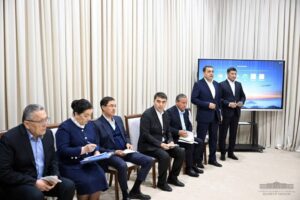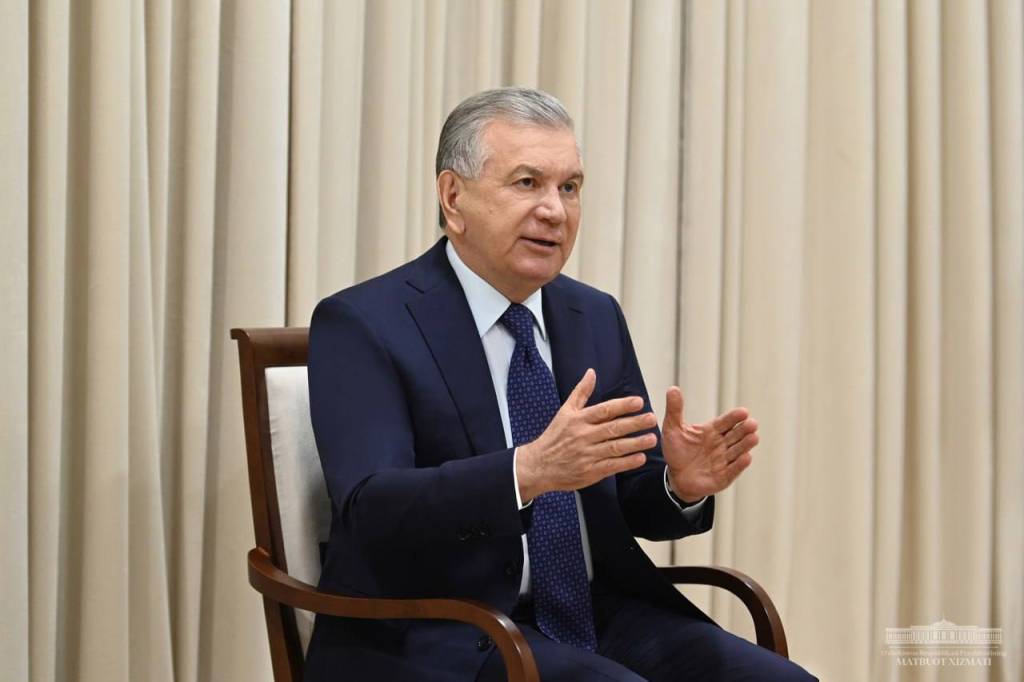Tashkent ( WNAM MONITORING: President Shavkat Mirziyoyev held a meeting in the city of Namangan in the afternoon with the khokims of Namangan, Andijan and Fergana regions, as well as with senior officials of the economic complex.
Measures to increase the income of the population were discussed based on the experience of Saykhunabad, including through the use of the capabilities of household plots and households.
In the valley areas the population density is high, every inch of land is worth its weight in gold. Therefore, local farmers know well how to use the land efficiently. Crafts and entrepreneurship are well developed. At the same time, it is necessary to support unemployed people and low-income families in mahallas.
The head of state emphasized the importance of special attention to these population groups, providing them with organizational and financial support to ensure employment. All responsible persons must establish close cooperation with each enterprise, entrepreneur and household.
Therefore, employees of khokimiyats and all economic departments are involved in work in mahallas. They will analyze opportunities in households, for example, create a model for the effective use of personal plots to increase income to 60-70 million soums.
People with handicraft skills will be provided with assistance in purchasing materials, equipment and working capital. Those who wish to engage in entrepreneurship will be helped to develop business plans.
It is indicated that the active participation of commercial banks is necessary in this process. That is, they must in every possible way support the creation of additional jobs based on the enterprises they serve.
Moreover, the state allocates significant resources to banks, which should be directed to local initiatives of the population and serve to increase employment. These funds must be converted into new jobs, additional products, and increased purchasing power of the population.
The task has been set to organize small-scale production in households, train people to produce goods, expand cooperation and home-based work.
It will also highlight the untapped potential of household plots and agricultural lands allocated to the population for growing various fruits and vegetables for export, as well as the development of livestock, poultry, fish farming and beekeeping, which will improve household well-being.


